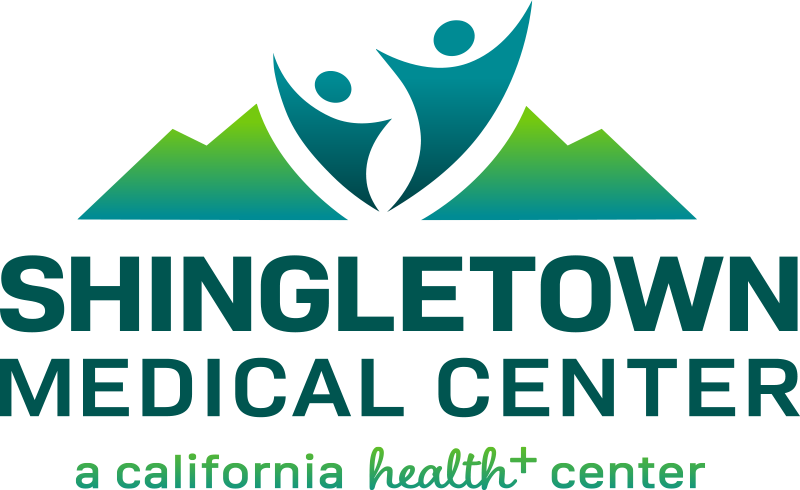March is Colon Cancer Awareness Month: Getting Screened Could Save Your Life
Colon cancer is the third leading cause of cancer death among men and women in the US.
But did you know that many colon cancers can be prevented with regular testing?
March is National Colorectal Cancer Awareness Month – no better time to learn the facts about colon cancer and get tested. It could save your life. The American Cancer Society recommends – if you are 50 or older – that you talk with your doctor about colon cancer screening. Only about 60% of adults of screening age are up-to-date on their colon cancer screening, and many have never been screened at all. Screening can find colon cancer early by way of a colonoscopy, before symptoms develop, when it’s easier to treat and survival rates are more favorable.
A colonoscopy can help doctors find growths called polyps that can be removed before they turn into cancer.What’s encouraging is that fewer people have been dying from colon cancer over the past few decades, due partly to improvements in screening. However, more than 50,000 deaths from colon cancer are expected this year, accounting for 9% of all cancer deaths. Half of all colon cancer deaths could be prevented, if people got tested regularly. That’s why the American Cancer Society, in partnership with several other organizations, has set a goal to increase colon cancer screening rates to 80% by 2018. Doing so could save more than 7,000 lives a year.
The Shingletown Medical Center (SMC) is joining in on this worthy cause to save lives and stresses the importance of a colonoscopy for early colon cancer detection. A colonoscopy is the BEST form of early colon cancer screening, although some screening is better than none! SMC has Hemosure® collection test kits available. The one-step Hemosure (FIT), also called an immunochemical fecal occult blood test (iFOBT), is a newer kind of test that also detects occult (hidden) blood in the stool. This test reacts to part of the human hemoglobin protein, which is found in red blood cells. The FIT test is done essentially the same way as the FOBT, but easier to use because there are no drug or dietary restrictions (vitamins or foods do not affect the FIT) and a sample collection will be simple and easy for you to do in your own home. Included in the patient collection kit you will find the following items: 1 or 2 Collection Tube(s) filled with buffer solution, Collection Papers, Specimen Pouch, Patient Instruction Sheet and Mailing Envelope.Please call to make an appointment with your provider at SMC to discuss your medical history.
Remember, getting screened could save your life. For more information about colon cancer, call the American Cancer Society at 1-800-227-2345 or visit cancer.org/cancer/colon-rectal-cancer.htmlFor more information about the Hemosure test kits visit www.hemosure.com
